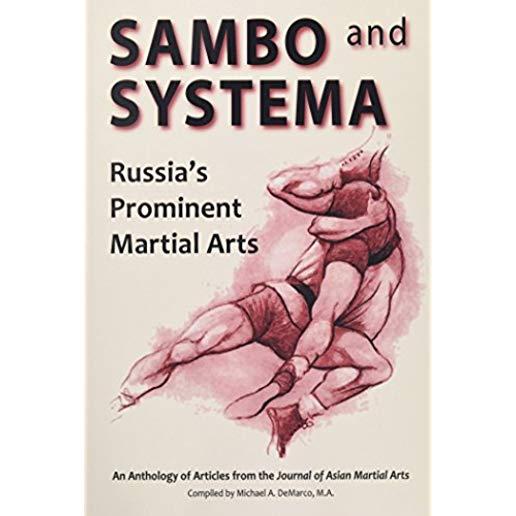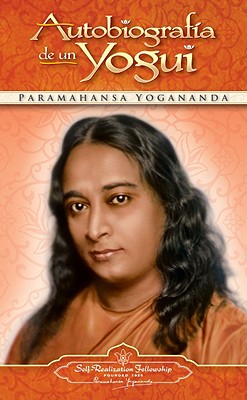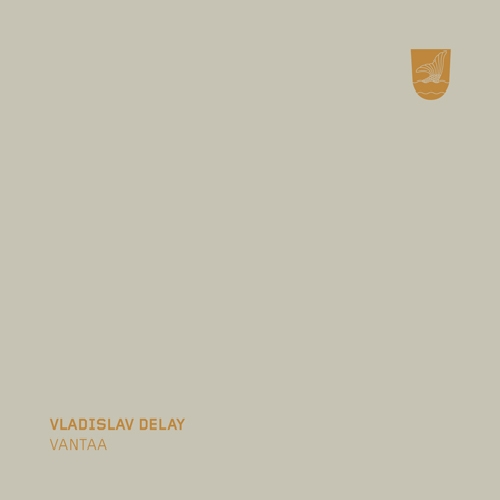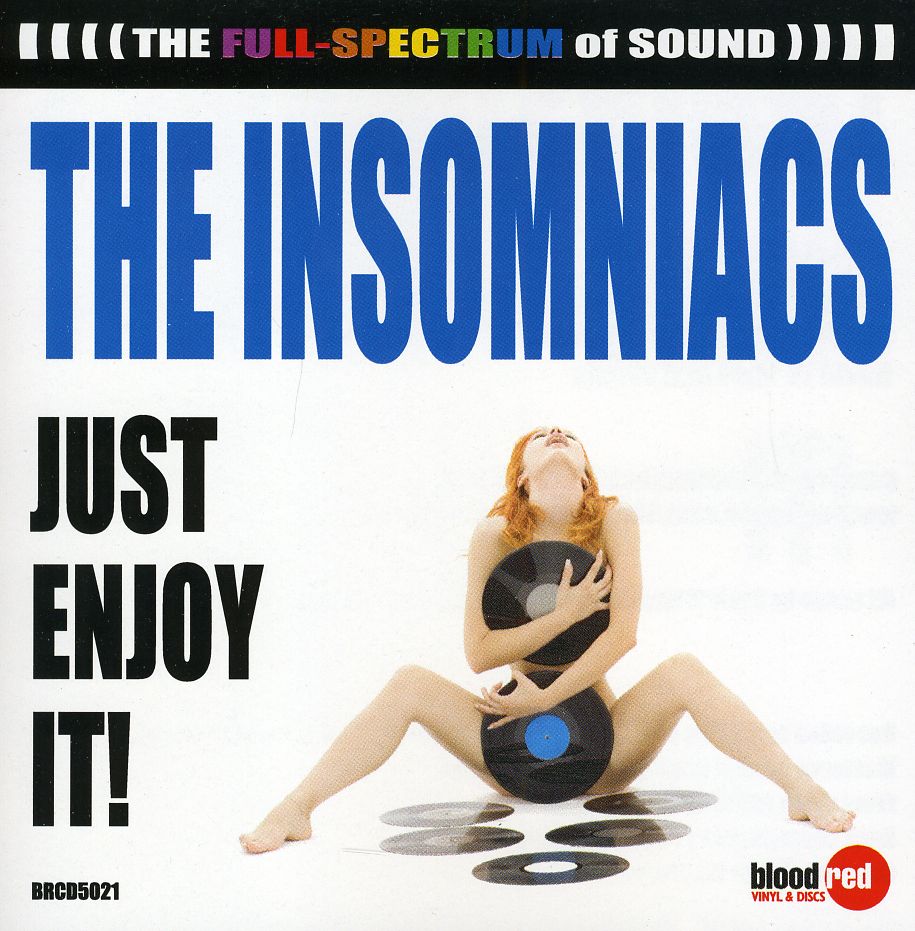
description
2Russia is rich in martial traditions deriving from a highly diverse population. Sambo-developed by the Soviet Red Army-became the most recognize martial art associated with Russia mainly because of its presence in international competitions. Another style to become recognized for its great practicality and encompassing training regimen is Systema. Originally created for Russian Special Operations Units, Systema's teaching gradually spread world-wide after the fall of the Soviet Union in 1991. This anthology contains writings about Systema and Sambo that present essential information for anyone interested in the history, theory, and practice of these combative systems. In the first chapter, Kevin Secours shows that ground fighting and grappling are necessary components of a complete tactical arsenal. Specific emphasis is on the role of defending the takedown in a modern survival scenario. In chapter two he summarizes the prevailing theories and findings pertaining to the science of fear as it relates to surviving violence. How these findings have been interpreted by modern combative systems in the West are compared with approaches to the traditional Russian martial arts and their application in the Russian Special Forces. The next three chapters focus on Sambo. Jacques and Anderson detail the historical development of Sambo. Vasili Sergevich Oshchepkov, a student of Jigoro Kano, and Victor Spiridonov worked to develop this combative system. However, despite the judo-jujutsu influence, Sambo was born of native Russian and other regional grappling and combat wrestling styles bolstered with many useful and adaptable concepts and techniques from the rest of the world. This chapter presents details of the early development up to recent times. The fourth chapter by Polyakov, Yankauskas, and DeRose focuses on some of the fundamental techniques that are legal for Sambo competition. The purpose of this study was to examine and compare the most successfully used submission techniques of three of the greatest figures in the history of sambo competition: Michael Burdikov, Alex Feodorov, and David Rudman. Sambo has become well-known largely due to the success of Sambo fighters in various mixed martial art venues. Stephen Koepfer's final chapter offers a description of its development as well as a delineation of one of Sambo's hallmark strategies: offensive rolling. Examples of proper forward rolling and three related offensive techniques are presented. May readers of this anthology come to appreciate the great depth of Russian martial traditions and the unique developments that emerged in the arts of Systema and Sambo.
member goods
No member items were found under this heading.
Return Policy
All sales are final
Shipping
No special shipping considerations available.
Shipping fees determined at checkout.







